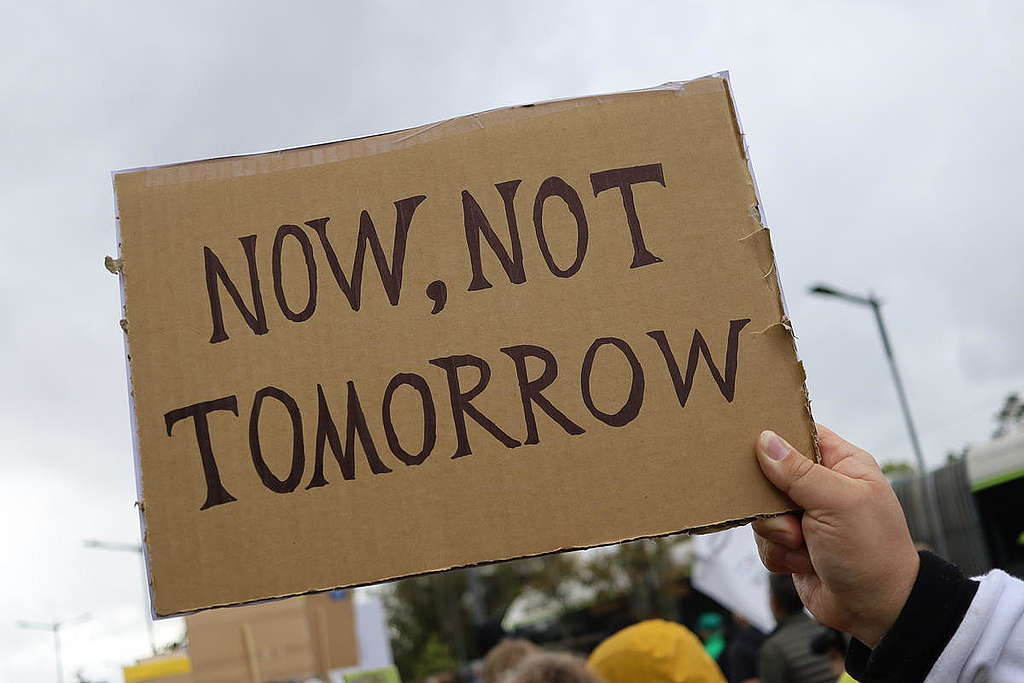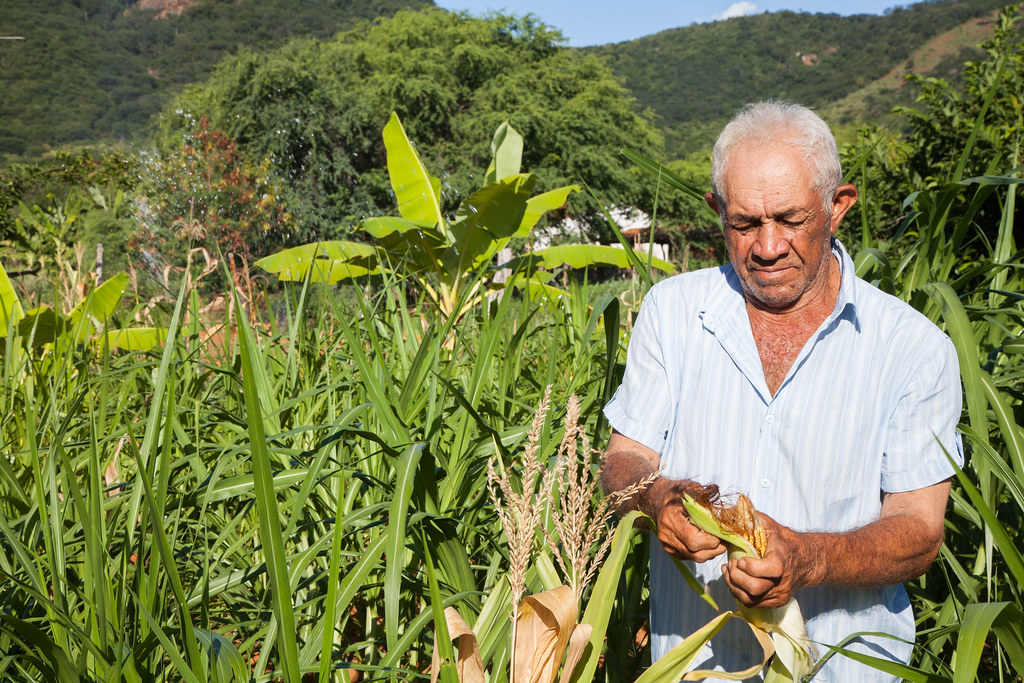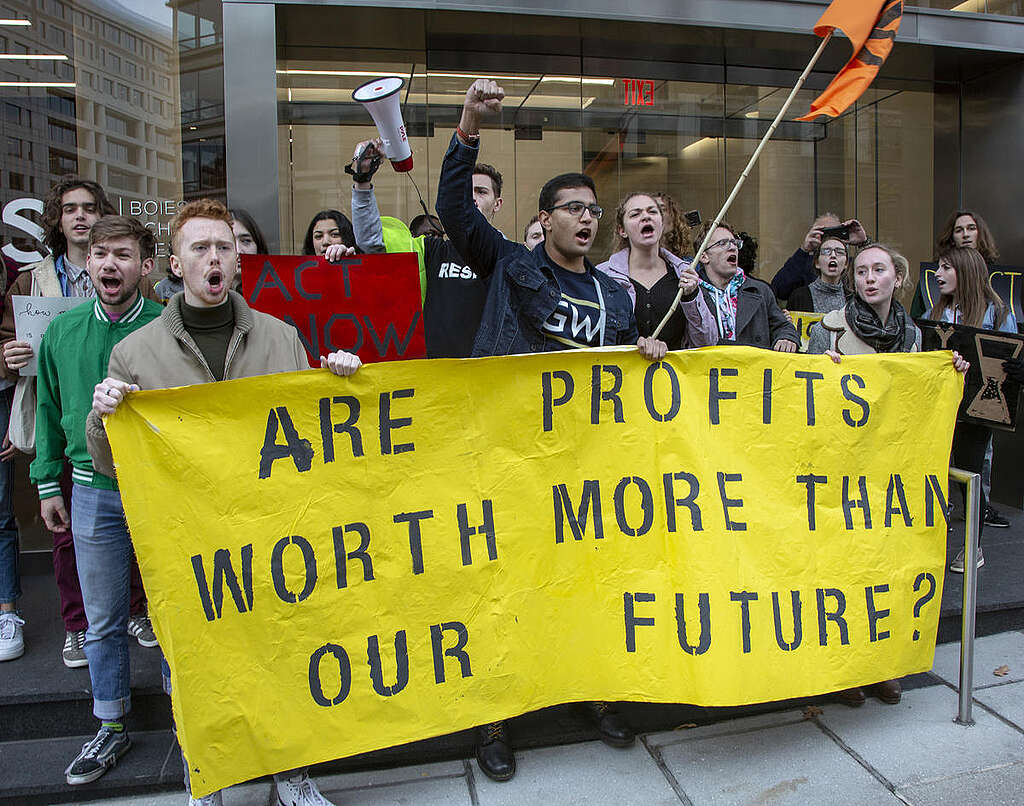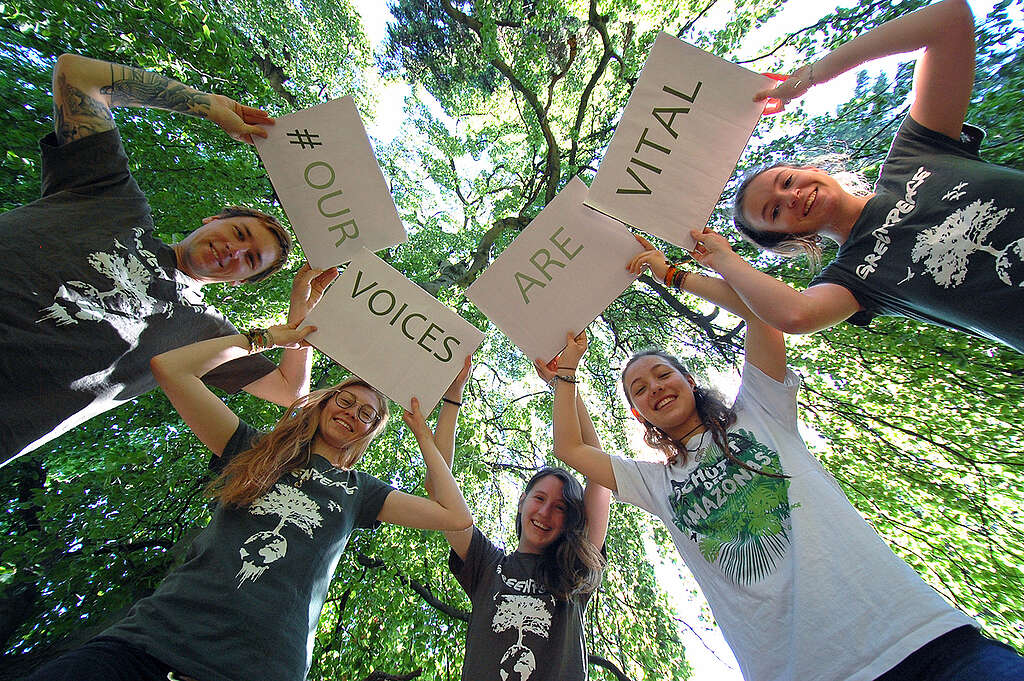Imagine that you could decide how public money is spent; that wealth is distributed equitably among everyone and that all people are equally respected. That we work together to find solutions and adapt to the challenges of climate change, utilising and sharing existing resources, allowing life in all its diversity to thrive. Imagine efforts being made to ensure that no one goes hungry, that the land is cultivated for the common good, and that the economy enables everyone to live with dignity in a just and peaceful society. Can you picture this? I know it sounds rather utopian, but, what if this alternative world were possible?

Around 1950, Gross Domestic Product (GDP) was introduced to rank the economic health of a country, a measure for "growth" that excludes care for nature and the work people do to care for each other. Since GDP was installed, society has been blinded by consumption, production and in pursuit of infinite profit. It is this compulsion that brings us where we are now, a society largely dominated by social, climate and economic crises. And it's time to grow the movement advocating for the changes this planet needs in order to keep us all alive and prosperous.
Communities living and learning from each other
In Brazil 3,000 civic society organisations formed a network called Brazilian Semiarid Articulation (ASA). They collect rainwater and use it to regenerate ecosystems in those areas affected by harsh dry weather. In Egypt, the social enterprise Sineweya has revitalised the ecological and cultural heritage of their home, the Sinai region, using ancestral knowledge - namely horticulture, natural healing culture, language, art and nutrition - to support livelihoods within a modern context, so that generations, young and old may continue to thrive.
In 2021, the community pantry movement sparked in the Philippines when a small bamboo cart containing groceries appeared in Maginhawa Street, Quezon City. The cart came with a simple cardboard sign that said, "magbigay ayon sa kakayahan, kumuha batay sa pangangailangan" which translates to "Give what you can, take what you need." The community pulled together to provide food for its most vulnerable during the COVID crisis, and recently, they helped when typhoons or fires hit. They also connect communities, farmers and local governments to facilitate access to food and create food sovereignty.

These are remarkable stories of smaller or larger societies that are turning "utopias" into realities every day. And together with our allies, have gathered these stories, and many others, to share them in a publication called Growing the Alternatives: Societies for a Future Beyond GDP. This collection brings the experiences of communities, organisations, academics and activists working on alternatives that are rooted in values such as wellbeing, fairness and the need to function within the limits of the biosphere. People and societies that are building their collective ability to collaborate and create a better future, leaving individualism and self-interest behind.
A future beyond GDP
Talking about GDP and economies might seem a far cry from Greenpeace's goal to ensure the ability of the Earth to nurture life. But as Cícero Félix dos Santos, Coordinator of ASA put it, "When we talk about the economy, generally, people think that the economy comes down to money and finance when in essence, economy is the art of taking care of our home, is the art of taking care of the common environment."
The stories in the publication, collated after months of conversations with local communities, academia, allies and organisations around the world, demonstrate that other realities are possible and this is the type of growth we need. It is time to engage with as many other voices and examples of alternative futures that are already taking shape as possible. It is a positive and enthusiastic approach that, rather than pointing at the bleeding wounds of the planet, highlights the efforts of thousands of people and in doing so brings us all hope.

Join a global conversation not as a guest, but as an active participant. Start by downloading the first chapter, An alternative political and economic landscape. Read it, share it, talk about it.
Do you know of other alternative societies that are already growing beyond GDP? If you do, share them with us so these stories can be added to a new world map where we will reflect how things are already changing.
We can build a green, fair and peaceful future that puts people and the planet before profit and growth.
Antonio Jaén Osuna is a communication specialist with more than 15 years experience of telling stories from communities around the world. He is now a consultant for Greenpeace's Alternative Futures campaign.







